Xi Jinping plays up possibility of worsening tensions with the West
The Chinese leader has urged the nation to prepare for what he described as ‘extreme’ scenarios or conditions – in other words, for war.
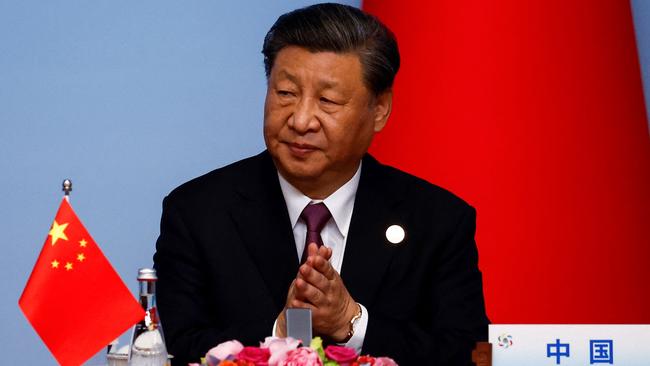
As Beijing and Washington move gingerly toward restoring high-level exchanges, Xi Jinping is stepping up his effort to gird China for conflict.
Since late last month, the Chinese leader has twice urged the nation to prepare for what he described as “extreme” scenarios or conditions – trotting out a phraseology implying the possibilities of escalating tensions as the competition between the U.S. and China intensifies.
At a top-level meeting focused on national security on May 30, the Chinese leader said, “We must be prepared for worst-case and extreme scenarios, and be ready to withstand the major test of high winds, choppy waters and even dangerous storms.” A week later, Xi extended that concept to the economic arena. While inspecting an industrial park in Inner Mongolia, Xi said efforts to build up the domestic market are aimed at “ensuring normal operation of the national economy under extreme circumstances.”
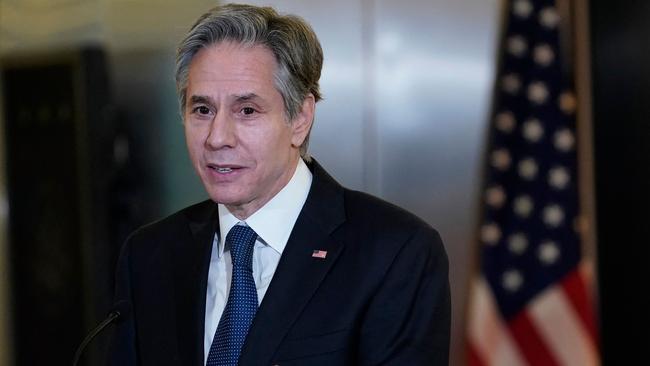
The comments come as Secretary of State Antony Blinken is planning to travel to China this month as part of the efforts by both governments to rebuild lines of communication derailed by a suspected Chinese spy balloon flying over the American heartland early this year.
The warnings about “extreme” conditions running parallel with the effort to mend ties with Washington suggest Xi isn’t letting up on efforts to ringfence the economy and the country against prolonged tensions with the West.
Liu Pengyu, spokesman at the Chinese Embassy in Washington, said Xi has made it clear the two sides should work together to ensure that the bilateral relations “move forward on the right course without losing direction or speed, still less having a collision.” The Biden administration wants to establish guardrails around the bilateral relationship to prevent it from evolving into outright conflict. Beijing, on the other hand, appears less interested in the specifics than in the general principles underpinning the relations. In particular, China wants to make sure the US doesn’t cross red lines on matters China considers off limits, such as Taiwan.
Xi, whose political status rivals that of Mao Zedong, shares Mao’s penchant for terms or statements that dramatise perceived foreign threats as a way to secure power. He has mentioned external risks before but the recurring reference to extreme conditions, which came after Xi lashed out at the U.S. for seeking to suppress China’s rise at the legislative session in March, raised new alarms.
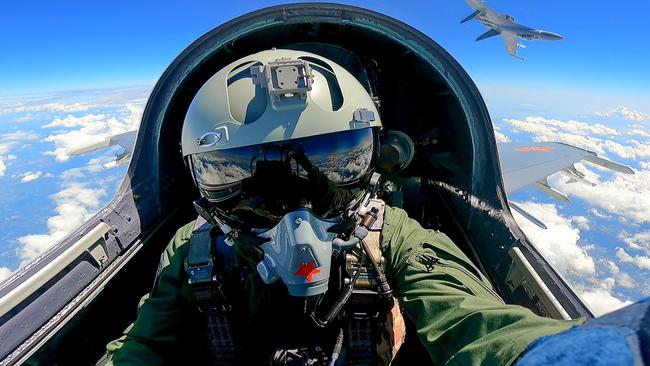
Jin Canrong, an influential foreign-policy scholar, didn’t mince words about his interpretation, telling the Global Times, a nationalist newspaper under the Communist Party, that the extreme scenarios Xi referred to mean “the danger of war.” Bill Bishop, author of the China-focused newsletter Sinocism, noted that Xi’s use of language represents “a significant upgrading of the sense of risk, peril and the need to prepare.”
Having secured an unprecedented third term in power in October, Xi has time and again signalled that China’s relations with the West – the U.S. in particular – could become much choppier, indicating that a main development goal for the next five years is to build a geopolitically resilient economy that is much less dependent on foreign markets and technology.
The recent references to “extreme” scenarios are at least partly meant to prod policy makers and local leaders to double down on that effort, said policy advisers who consult with authorities in Beijing. Doing so hasn’t been easy for an economy that both counts exports as a traditional driver of growth and relies on Western hi-tech.
Senior aides to Xi, including his longtime economic adviser, former Vice Premier Liu He, and Liu’s successor, He Lifeng, have been entrusted with mapping out plans to keep the economy going in the case of much stepped-up U.S. and other Western sanctions – possible scenarios in the event of conflict, the policy advisers said.
The “extreme” wording is emerging as a kind of new catchphrase that is also popping up at local levels of government. Local leaders from the coastal metropolis of Shanghai to the landlocked province of Hunan have also vowed to ready their systems for “extreme” circumstances, according to official releases, which didn’t elaborate.
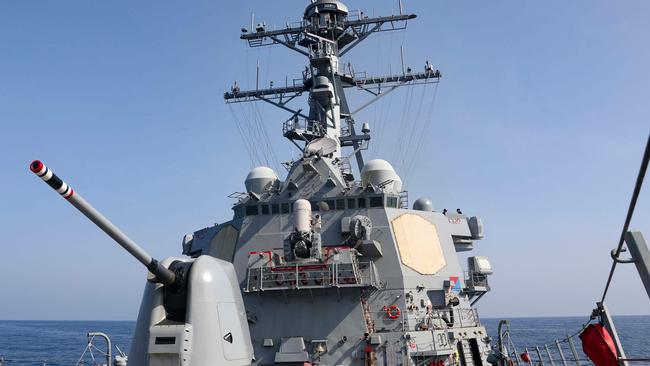
“Xi’s overriding mission of his coming term is to harden China from external vulnerabilities,” said Ryan Hass, a senior fellow at the Brookings Institution and a former presidential adviser on China and Asia. “Seen through that lens, it would make sense for Xi to seek to heighten a sense of urgency and importance around strengthening China’s ability to withstand ‘extreme’ conditions.”
Looming over the new Xi-speak is what Beijing sees as increased challenges from Washington over a mission it views as sacred – the eventual reunification with Taiwan.
The U.S. is committed to helping Taiwan preserve its autonomy under pledges including the 1979 Taiwan Relations Act, and the Biden team trumpets its plans t o strengthen economic and political links to Taipei. Xi has made reunification with Taiwan, which Beijing regards as a breakaway province, a big part of his “China Dream” of national revival.
There is little sign of imminent Chinese action to take back the island, though there have been plenty of symbolic gestures.
For instance, Chinese airplanes over the past year have significantly ramped up incursions into Taiwan’s air-defence zone. Earlier this month, the U.S. accused a Chinese warship of cutting in front of an American vessel that was taking part in a joint exercise with the Canadian navy in the Taiwan Strait, while Chinese officials essentially blamed the U.S. vessel for encroaching on China’s sovereignty.
In recent meetings with Western diplomats and business executives, Chinese officials appeared to be trying to make a case that the U.S. will seek to goad China into war over Taiwan. The rhetoric is similar to how China has described Russia’s war in Ukraine. Beijing hasn’t denounced the invasion and has instead blamed Washington and its European allies for provoking Moscow into action.
Meanwhile, amid deepening economic woes, Beijing is working on wooing foreign businesses, highlighting the contradictions in Chinese policy.
The same day that Xi spoke of “extreme scenarios” at the national-security meeting, Elon Musk was getting a red carpet treatment in Beijing, with senior officials seeking to use the visits by the Tesla chief executive and other global business leaders to hit back at the Biden administration’s restrictions on doing business in China.
Beijing’s own attempts recently to bring foreign businesses to heel – involving raids, detentions and investigations targeting U.S. consulting and other firms – have made many global companies already worried about geopolitical tensions even more wary of expanding in the country.
The two-prong approach of preparing for worsened tensions while trying to mend fences with the foreign business community and Washington suggests Xi is taking no chances. While inspecting troops when he toured Inner Mongolia last week, the Chinese leader, in military green, called on the army to “forge the Great Wall of Steel to defend the country and defend the border.”
Dow Jones

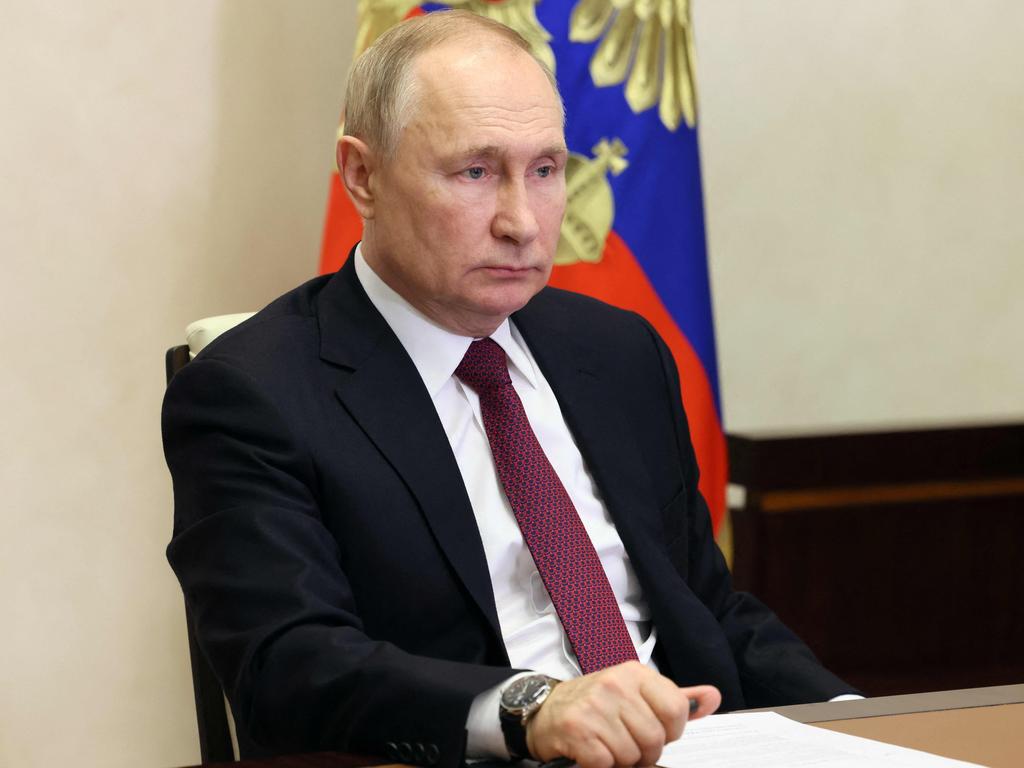
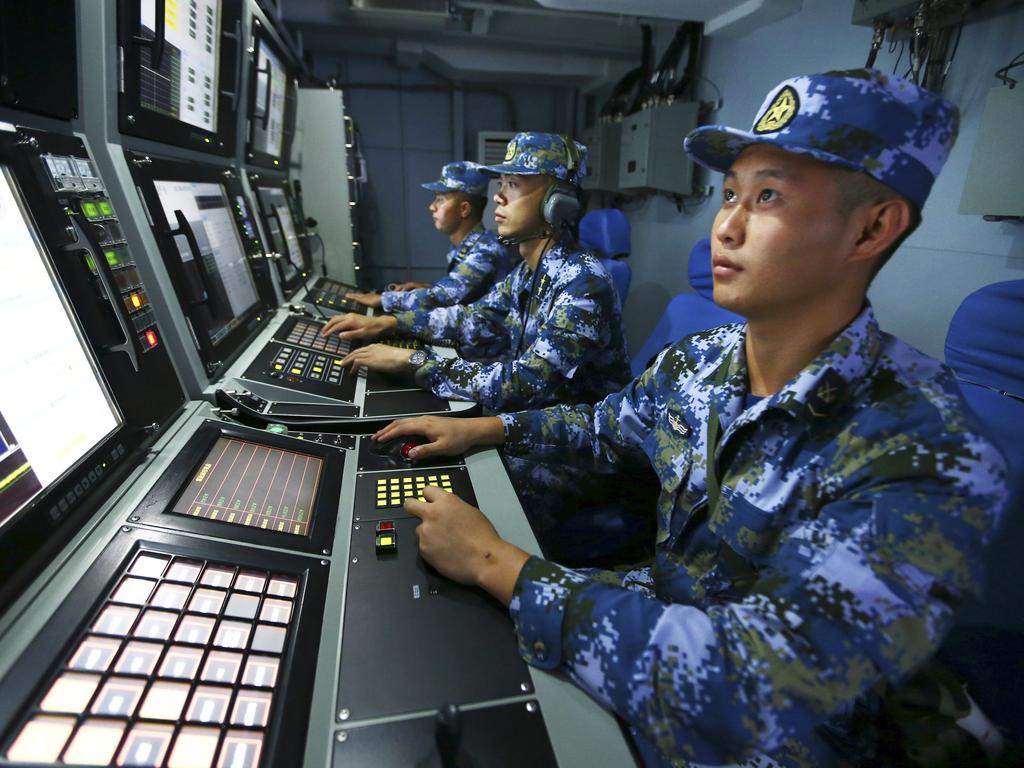

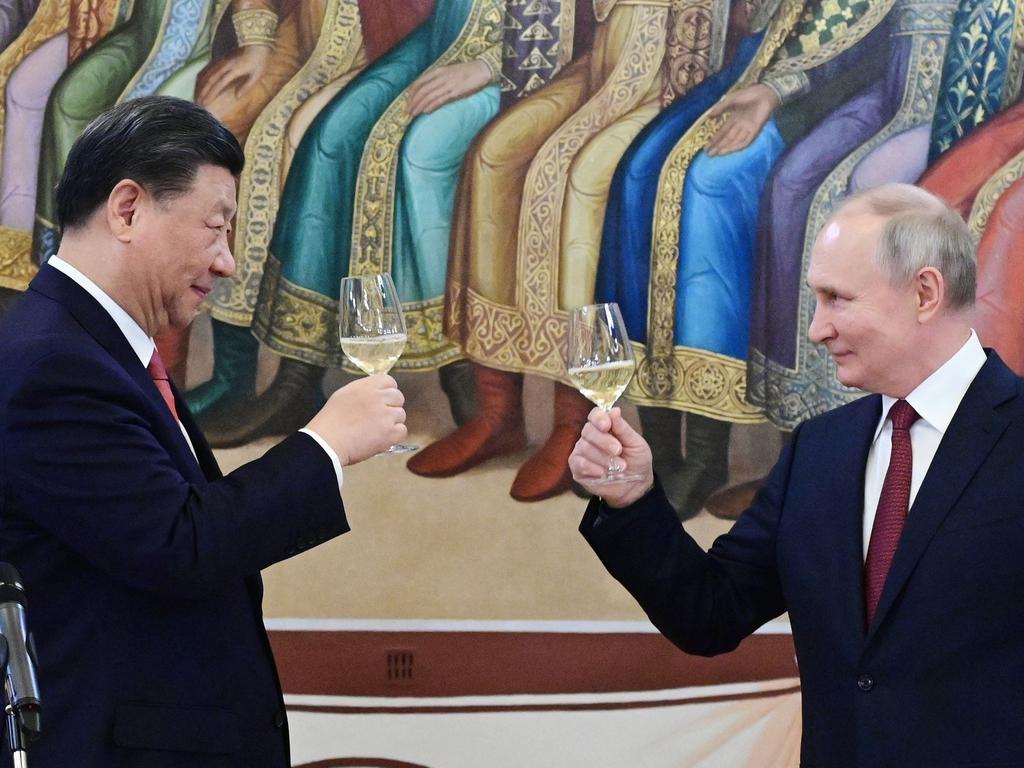


To join the conversation, please log in. Don't have an account? Register
Join the conversation, you are commenting as Logout